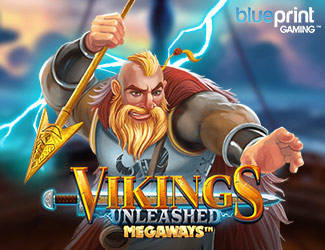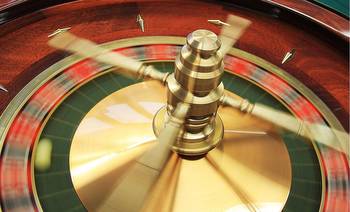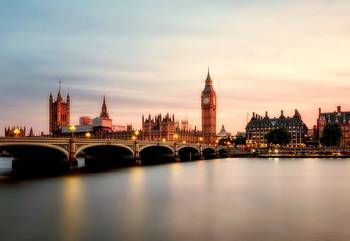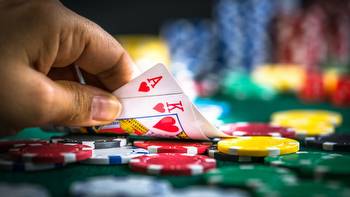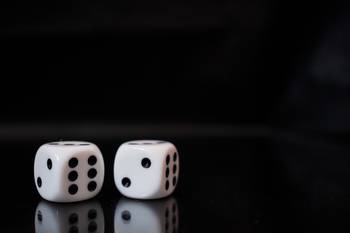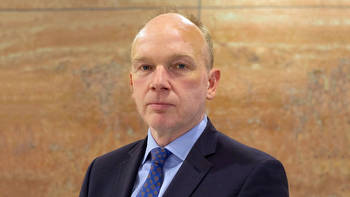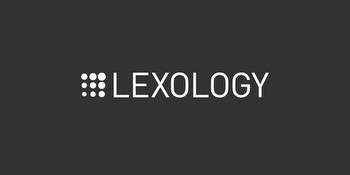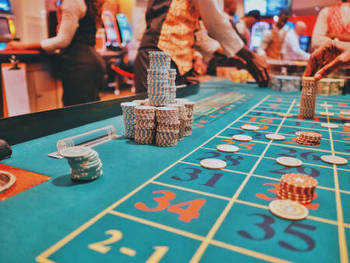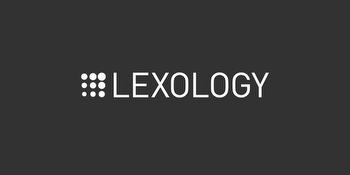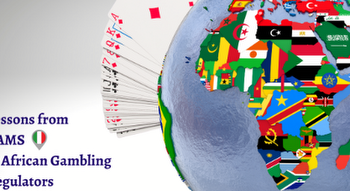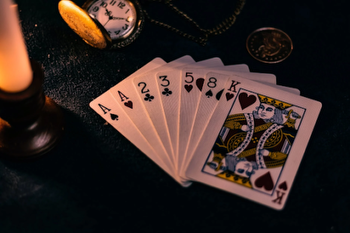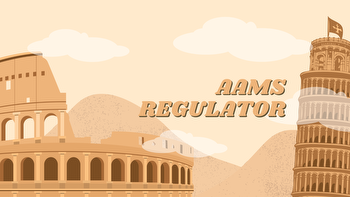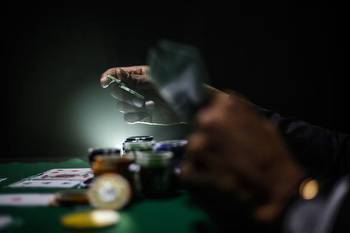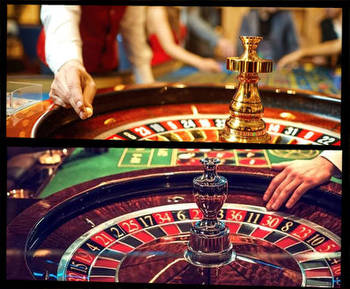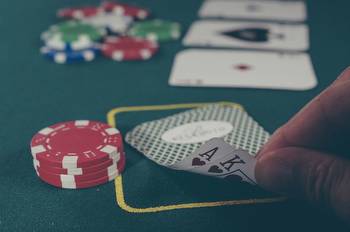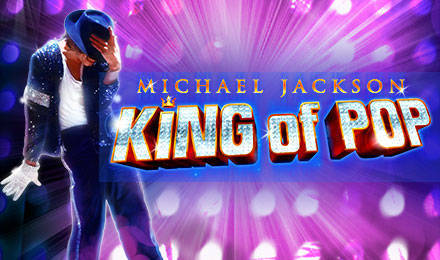Will Ireland create an online gambling authority?

The prospect of Ireland having a fully regulated online gambling market has been on the cards for years. There have been several projections forecasting new laws and legislation, but many setbacks have caused a delay to this coming to fruition.
However, it’s still widely believed that regulation will happen.
The Programme for Government, and the Justice Plan 2021, commits to the establishment of a gambling regulator focused on public safety and wellbeing. The regulator will cover online and in person gambling and have the powers to regulate advertising, gambling websites and apps.
The Minister of state for Law Reform, James Brown, briefed Cabinet earlier this year on progress and said: “"We are targeting some definite milestones in the year ahead including the publication of the General Scheme in Q3 and the appointment of a CEO Designate by the end of the year. There is a clear path towards the gambling regulator being operational in early 2023.”
Ireland has plenty of other countries it can look to for inspiration on how the new laws will look and be enforced.
What would an online gambling regulatory body in Ireland do?
The regulator would essentially create rules for online gambling in Ireland. This would include a wave of new legal and legislative powers which would establish how casino, bingo, sports betting, and other forms of gambling would work on the internet.
An Irish regulator would then be given controls to enforce these rules, with player protection, safety, and security at the heart of their decisions.
According to the Department of Justice, the new Regulator will assume all of the current gambling licencing and regulatory responsibilities, which are currently spread across a range of departments, local authorities, the District Court, An Garda Síochána and the Revenue Commissioners.
The department statement said: "This commitment reflects the recommendations of the 2019 Report of the Inter-Departmental Working Group on the Future Licensing and Regulation of Gambling to establish an independent gambling regulator. The current preparatory work involves a major updating of the proposals of the General Scheme of the Gambling Control Bill which was published in 2013."
One of its main functions would be to issue gambling licences to operators.
In most other countries that have regulated, there’s been a period of time prior to the online gambling market opening where operators could apply for a licence.
The regulator then considered each applicant and decided if they were credible and legitimate to hold a licence. Those who passed the test were then able to start offering gambling services once the market opened. It’s quite possible that Ireland would follow this procedure.
Once the market is live, it’s likely that an Irish regulator would then oversee all the different areas related to the online gambling market. These include:
● Specific advertisement rules - on TV, radio, and other mediums
● Checking that robust responsible gambling features and practices are in place on all sites
● Player spending limits would probably be considered
● The process for operators correctly verifying each player’s identity
The Government also intends to create a Social Fund, funded through the regulator and by the industry, to address gambling addiction. It will support research, information campaigns and treatment by relevant health professionals.
The creation of a new Regulator would mean a complete overhaul of how the Irish sector operates.
Which other countries have created a regulatory body?
Many other countries in Europe have official authorities that oversee a variety of gambling in their countries.
Malta was one of the first to establish a regulator, the Malta Gaming Authority (MGA), around the start of the millennium. The MGA is considered to be one of the most experienced and well-respected online gambling bodies in the world.
Since Malta joined the EU in 2004, the MGA has been considered by many to be the default authority across most of Europe. Casinos wishing to operate across the continent were able to obtain an MGA licence and then use this to operate in other EU countries, alongside Malta.
The UK’s Gambling Act 2005 saw the creation of the UK Gambling Commission (UKGC). This authority regulates many forms of gambling across Britain, including online.
One of the major changes that the UKGC enforced was in 2014 when it was announced that any operator wanting to legally operate in Britain must have a licence from the UKGC. This meant that operating in the UK using another country’s licence was no longer possible.
But one problem with this policy is that it’s not always obvious if a website has a UKGC licence or not. Checking each site isn’t usually the first thing that a player thinks to do.
Popular casino comparison sites like Casino Professor only list UK sites with a licence which can help to steer players in the right direction.
But in reality, players are able to search Google far and wide which may lead to unlicenced sites being accessed. How an Irish regulator deals with this issue will be important, as no authority has completely got to grips with unlicensed gambling sites as yet.
Would an Irish authority follow the UK?
The UKGC was one of the first national bodies to regulate gambling specifically inside its nation’s borders. Many countries have used the UK’s policies and procedures to shape their own regulation. So it’s likely that Ireland would too.
A leading gaming law expert at stated in a release in January that Ireland was expected to “establish an independent regulator modelled on the UK Gambling Commission”.
Exactly how close an Irish regulator would follow the UKGC’s rules remains to be seen. There’s always likely to be some fluctuation, as no regulator has outright copied another due to differences in culture, politics, and other influences.
Until some concrete legislation starts to gather pace, we can only guess how close Ireland will look to follow in the UK’s footsteps. However, indications are that the Government intends to address concerns over the regulation of online gambling in Ireland.
If you are worried about gambling addiction or need help, get in touch with Gamblers Anonymous (01 8721133).







